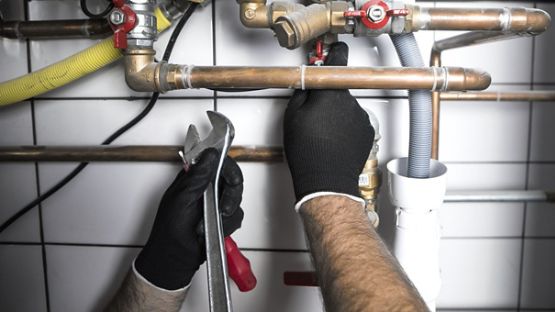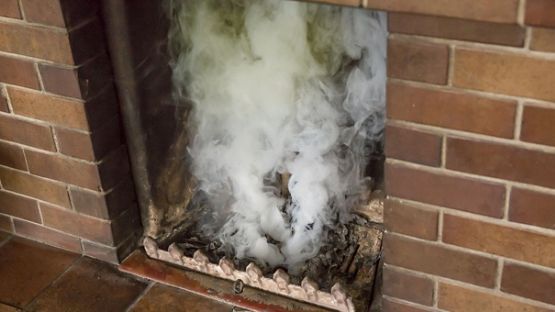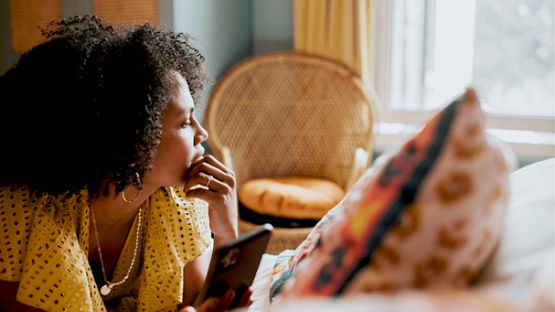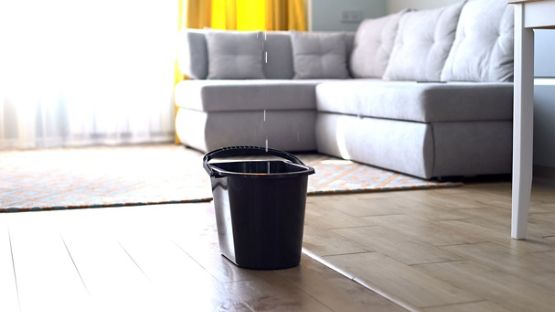As more and more people use these services to travel and explore the world, there are ways you can both minimize your risk and become an outstanding host.
- Emphasize what’s unique about your listing - is there a beach or a park nearby? Perhaps there’s some great local treasures like coffee shops or museums. Is your rental family friendly or a character home? Put what’s special about your property front and center in your listing .
- Keep it clean! Great guest reviews on platforms such as AirBnB can have a tremendous impact on the desirability and popularity of your listing and making sure your place is spotless for every guest is an absolute must.
- Go the extra mile with stocking your pantry and fridge with common breakfast items. Consider putting together a welcome basket based on who’s coming to stay - a bottle of wine for a couple on holiday or some local goodies for international guests.
- Invest in a smart home monitoring system. Some systems can tell you if a door has been left open or if the air conditioning has been left on. You can track things like CO2 and fire alarms as well as security cameras right from your mobile device.
- Use white linens for guest beds and towels. While it’s tempting to let your inner Martha Stewart come out and play, keeping everything white means you can bleach stains easily and keep your laundry load light.
- Minimize risk by removing high value or treasured items. While insurance can help you recoup costs, don't leave anything that would cause financial or emotional hardship when lost or damaged.
Last but not least, check with your insurance broker to see if your policy covers short-term rentals. Aviva Canada is proud to offer a variety of home-sharing insurance options to protect you and your property.
Learn more about our home-sharing coverage: https://www.avivacanada.com/home-sharing













